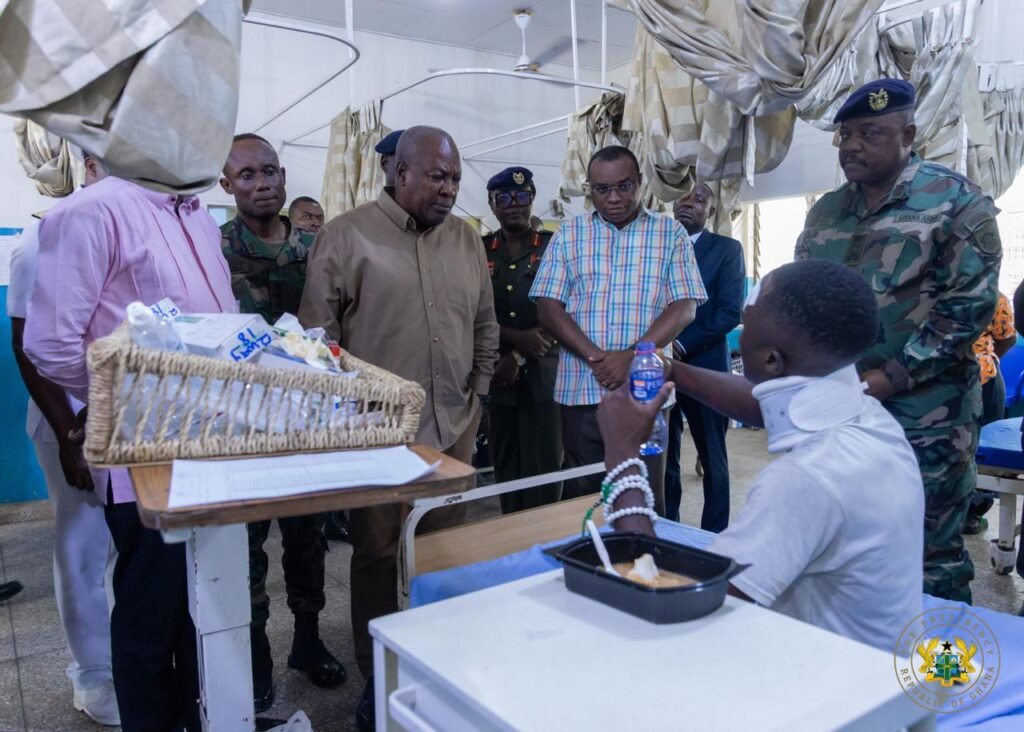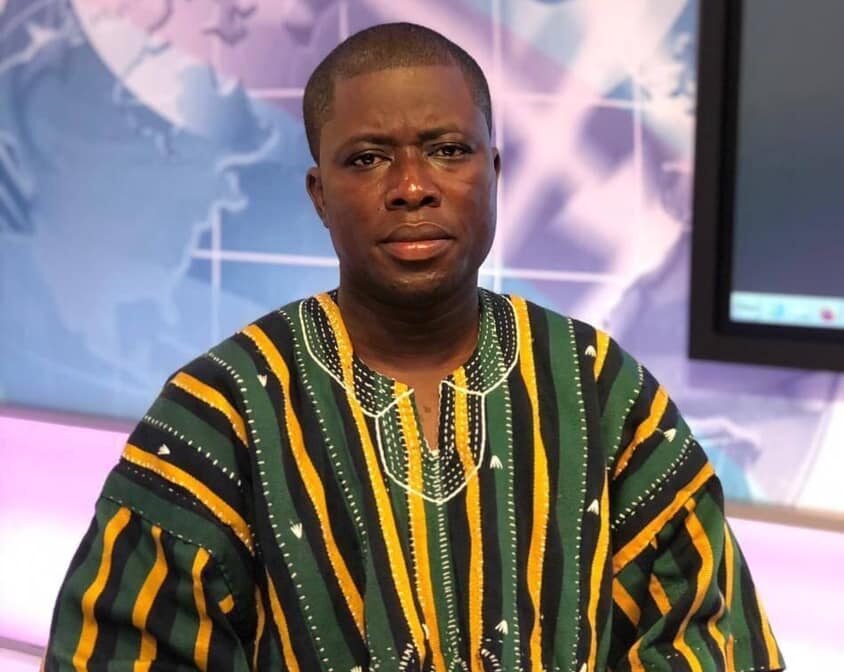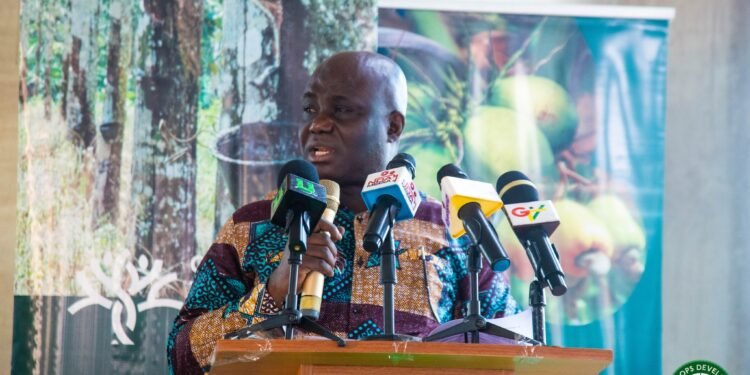Deputy Chief Executive Officer of the Forestry Commission, Elikem Kotoko, has called for a complete overhaul of Ghana’s military recruitment process following the tragic stampede at the El-Wak Sports Stadium in Accra that left six women dead and several others critically injured.
He said the incident should serve as a wake-up call to modernise and decentralise the recruitment system to prevent similar disasters. According to him, the continued reliance on manual and physically assembled screening processes was outdated and unsafe in a modern digital era.
“We have to look into overhauling the entire process of recruitment, where, in modern day, you still want people to physically assemble at a place before you can actually assess them. We should be looking at other avenues, like splitting it so that too many people do not converge at one place”
Elikem Kotoko, Deputy Chief Executive Officer of the Forestry Commission
The stampede occurred during a Ghana Armed Forces (GAF) recruitment exercise on Wednesday, November 12, 2025, when thousands of young job seekers crowded the stadium in hopes of securing enlistment. Eyewitnesses recounted scenes of panic as the large crowd surged toward an open entry point, leading to intense pushing and crushing that resulted in fatalities and injuries.

The Ghana Armed Forces confirmed that six female applicants died in the incident, while several others sustained serious injuries and were rushed to the 37 Military Hospital in Accra for emergency care. Of the 28 casualties, five remain in intensive care and twelve others are in critical condition.
Mr. Kotoko commended President John Dramani Mahama for his prompt response to the tragedy, describing the President’s visit to the victims at the 37 Military Hospital as an act of compassion and leadership.
“I must commend him for taking swift action,” he said, noting that such gestures showed empathy for the victims and their families while reassuring Ghanaians that the state was attentive to their plight.
Following the President’s visit, the Ghana Armed Forces suspended the ongoing recruitment exercise in Accra and announced a full-scale investigation to determine the causes of the stampede. Officials have pledged to cooperate with investigators and ensure that safety protocols are reviewed before any future exercises resume.
Modernising Recruitment Systems
Elikem Kotoko maintained that the tragedy underscored the urgent need to reform the recruitment process for the military and other security services.

He argued that the government must adopt systems that would allow applicants to be screened and processed across different regions instead of crowding a single venue, noting that decentralising the process would not only enhance efficiency and transparency but also help protect the lives of young Ghanaians seeking to serve their country.
Mr Kotoko also highlighted the underlying socioeconomic pressures that led to the overwhelming turnout at El-Wak. He observed that many applicants joined the recruitment exercise not necessarily out of patriotic zeal but out of desperation for jobs in a struggling economy.
“Ordinarily, if they had given people a choice, they would have opted for something else, but here they have no choice,” he explained.
His comments echo growing public concerns about Ghana’s high youth unemployment rate and the limited job opportunities available, which have turned recruitment exercises into scenes of chaos and tragedy.
The El-Wak incident has reignited national conversations about safety management during large-scale public events, the role of digitalisation in public recruitment, and the broader implications of unemployment on national security.
The Ghana Armed Forces, in a statement, reiterated their condolences to the affected families and assured the public that investigations are underway to determine both immediate and systemic failures that led to the disaster.

As the country mourns the six young women who lost their lives, calls for reforming the recruitment process have grown louder. Elikem Kotoko’s remarks reflect a broader national sentiment that Ghana must modernise its systems, prioritise safety, and address the root causes of youth desperation to prevent future tragedies.
READ ALSO: Engineer Job-Rich Growth While Leveraging Spending, Prof. Bokpin Tells Gov’t























